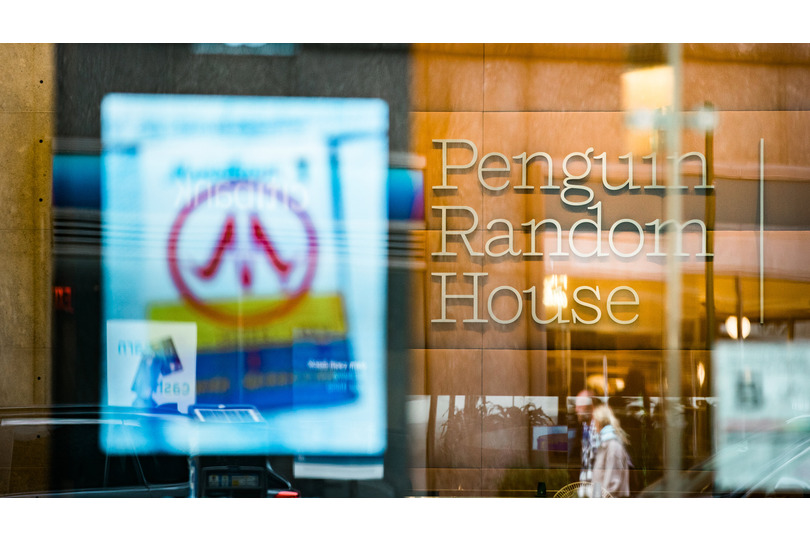Penguin Random House’s Case Shed Light on How Clueless Book Publisher Are
on Nov 03, 2022

The United States District Court judge Florence Y. Pan barred Penguin Random House, the country's largest book publisher, from acquiring Simon & Schuster, the fourth-largest book publisher, on Halloween night (or "Boo!" as The New York Times' books news editor called it). Observers anticipated that the agreement, which was announced in the fall of 2020, would go through smoothly, much like the 2013 union of Viking Penguin and Random House, the country's largest and second-largest publishers, which created the nation's largest book publisher in history.
Since the 1980s, when it was justified by a perceived need to create negotiating partners substantial enough to secure favorable terms with the then-dominant bookstore chains, book publishing has been consolidated into ever-larger modules, controlled by ever-larger conglomerates in media and other unrelated industries—just as now executives of both firms justified the merger as a necessary defense for authors against the mighty publishers.
The behemoth Penguin-Random-House-Simon-Schuster would likewise negotiate advantageous terms with the similarly concentrated, supply-chain-stressed paper, printing, and book distribution sectors. Bigger companies appear to bring forth opposing bigger players. Jeff Bezos, the creator of Amazon, has contributed to the endeavor by clearing the field of the "sickly gazelles" of lesser publishers.
The three-week trial in August gave book industry observers the captivating spectacle of publishing's most powerful executives attempting to explain their murky business practices.
The publishers appeared to counter that they were prepared to not act in their business interest, in those cases when they even knew what their business interest was, which they frequently didn't when the government argued that a merger incentivized them to use their dominance to suppress outlays for the most potentially lucrative projects.
Simon & Schuster Publisher Jonathan Karp assured the judge that marketing decisions were based on love and instinct rather than an up-front financial investment, and only half the time bore fruit.
Random House CEO Marcus Dohle insisted that the combined entity would continue to treat its own Simon & Schuster employees as autonomous in bidding situations because "our publishers and editors see their colleagues as some of their fiercest competitors."



.jpg)






.jpg)

.jpg)
.jpg)
.jpg)
.jpg)
.jpg)










Sorry! No comment found for this post.